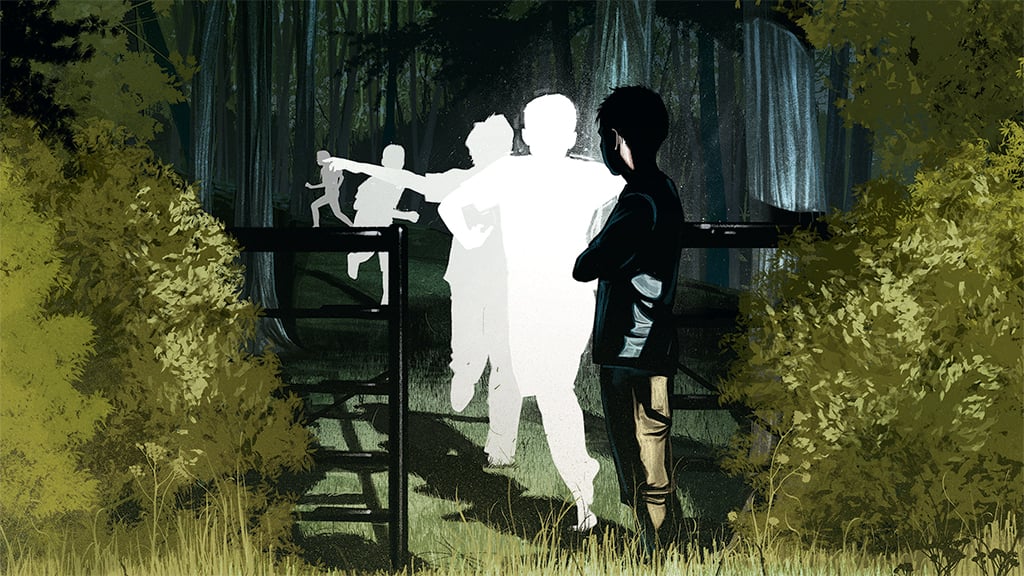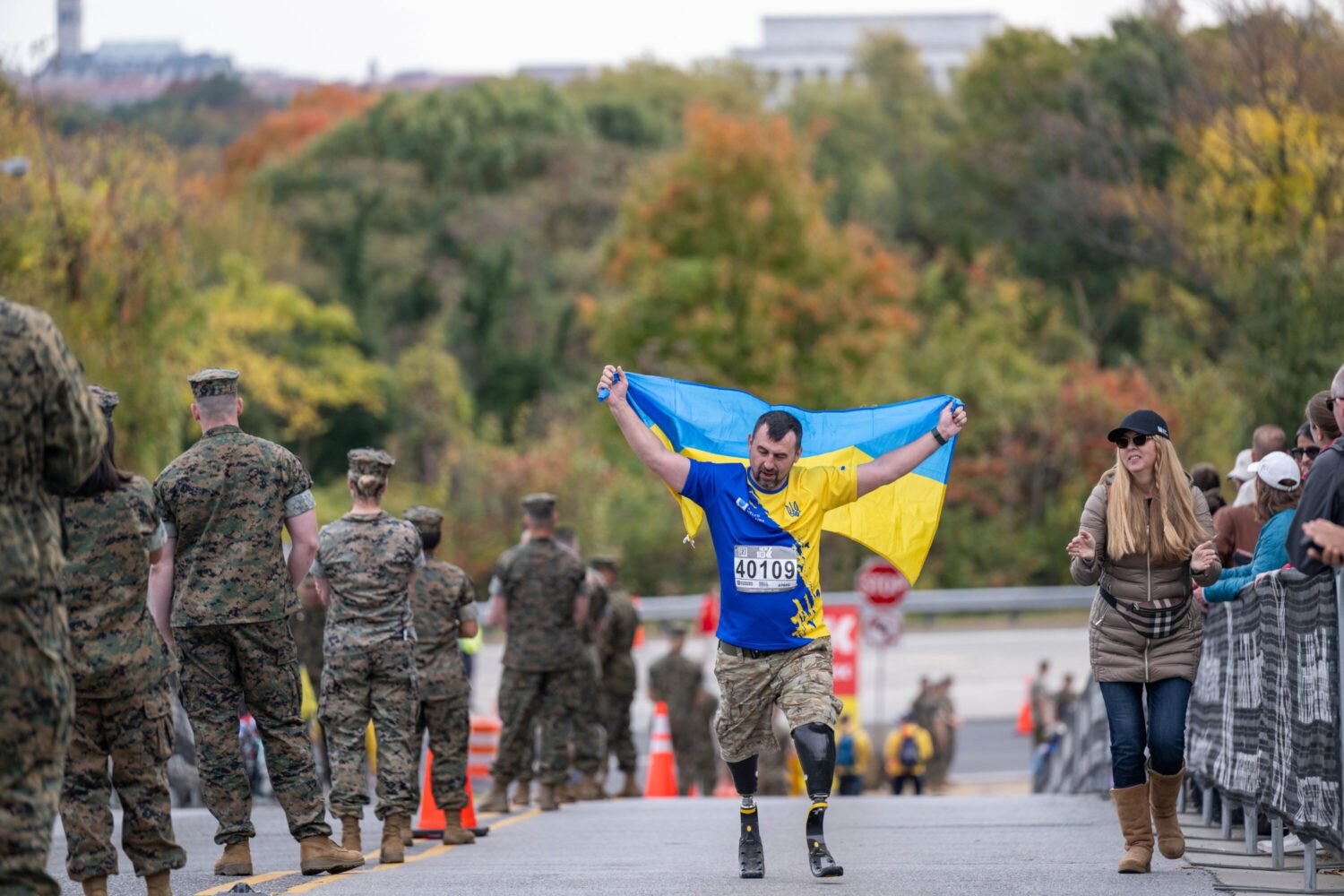In April 1945, the Nazis were losing their grasp on Europe. But in Italy’s northern mountains, a 21-year-old Army lieutenant named Bob Dole was still fighting them. Just three weeks before the German surrender, Dole suffered a gunshot wound that would ultimately force him to lose a kidney and the use of an arm. In this memoir, the former senator and presidential candidate tells of his life-altering injury and long road to recovery.
Dole begins by recounting a recent visit to a severely injured Iraq War veteran: “It was like seeing a mirror image of myself sixty years earlier. . . . For a moment I was back there, in a similar hospital bed, encased in plaster, unable to move, paralyzed from the neck down.”
His story traces his upbringing in Russell, Kansas—a midwestern community steeped in “rock-solid, time-tested principles of faith in God, love of family, and loyalty to friends.” Dole’s Kansas is simple, close-knit, and founded on hard work. His father earned $15 a week during the Depression and missed only a day of work in 40 years.
From the quaint life in Kansas, Dole was forced to face a more brutal reality upon his 1944 arrival in Italy. “Seeing the horrendous devastation of war close up for the first time left scars that will never be healed,” he writes. Shortly thereafter he was shot, and he spent the next several years confined to hospital beds recovering from spinal-cord injuries, fighting fevers, and working to regain feeling in his upper body.
Dole’s story examines how unforeseen circumstances shape our lives. Before the war, he dreamed of being a doctor or professional athlete. By 1946, he seriously doubted that his aspirations would come to pass: “My greatest fear was that I’d be languishing in a wheelchair, selling pencils on street corners, scrounging to support myself.”
A year later, Dole—well on the way to recovery—had a new outlook. He had learned to focus on what remained after his combat experience rather than what he had lost. He was encouraged to see possibilities where others saw problems. Looking back, he asks: “I wonder what sort of person I would be today if I had not been on Hill 913 in April 1945.”
Some of Dole’s wartime letters to family and friends, included in the book, provide insight into the uncertainties of the time. On June 6, 1944—D-day—Dole wrote: “Today was the day everyone has been waiting for—invasion day. It is a little early to predict what will really happen, but the invasion will surely shorten the war.”
One Soldier’s Story is just what the title suggests—the account of an ordinary young man who was forever changed by war. Without his name, you’d be hard pressed to know the book was written by one of America’s most influential politicians. Dole keeps his focus on his World War II experience rather than on his political career.
He jokes: “It has long been assumed that age bestows wisdom. Not necessarily. The only thing that automatically comes with age is wrinkles.” Nevertheless, there is both wisdom and humility here: “It’s said often that my generation is the ‘greatest generation.’ That’s not a title we claimed for ourselves. Every generation of young men and women who dares to face the realities of war—they are the greatest generation.”
Author:
Bob Dole
Publisher:
HarperCollins
Price:
$25.95


















